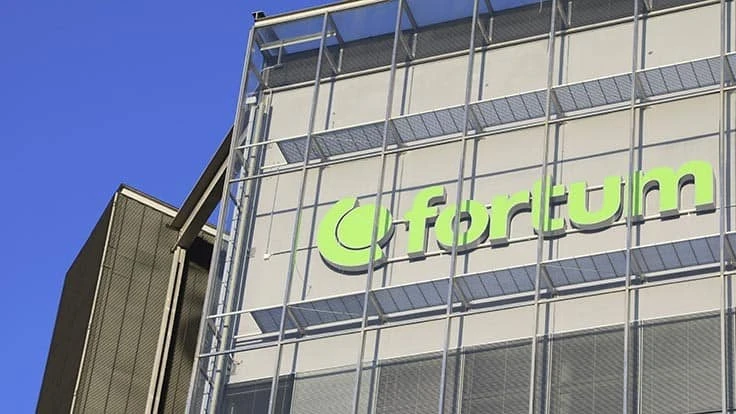
Fortum
Fortum, a Finnish energy company, has been granted special transport permits to allow Sweden and Norway to export lithium-ion batteries to the company’s mechanical and hydrometallurgical recycling facilities in Finland. As a hazardous waste expert, Fortum says it can provide companies with safe services for transporting, handling, storing and recycling lithium-ion batteries that meet legal safety requirements.
According to Fortum, the export of lithium-ion batteries from Norway and Sweden will start later this month. The batteries will be transported to Finland, where they will be dismantled and their contents recovered by Fortum for reuse. This will allow Fortum to help bridge the raw materials gap faced by the automotive industry as the electrification of vehicles gains speed.
The company received a patent for its hydrometallurgical recycling process in the fall of 2020.
Fortum says it currently has the capacity to recycle 3,000 metric tons of used batteries per year through its mechanical process, equating to about 10,000 electric vehicle (EV) batteries. The company aims to ramp up its battery recycling operations and increase its capacity in the coming years.
“The new Nordic export permits are key to achieving Fortum’s aim of becoming Europe’s top recycler for EV batteries,” says Tero Holländer, Fortum’s head of business line, batteries. “End-of-life lithium-ion batteries are considered hazardous, so it is vital that regulations around the transportation of hazardous wastes between countries are upheld and monitored in the same way globally. A transparent value chain also builds the necessary trust for the whole battery industry. As the electrification of transport rises and consumers increasingly use electric cars, Fortum’s importance as a major recycling hub for EV batteries in Europe and far beyond will continue to grow."
He continues, “We will also be able to significantly reduce the environmental impact of e-mobility, enabling EV manufacturers and car producers to ramp up production by using sustainably produced recycled raw materials.”
Fortum says its combination of mechanical and hydrometallurgical recycling technologies at its facility in Finland enables it to recycle 80 percent of a battery’s materials. By using Fortum’s hydrometallurgical process, the company can recover up to 95 percent of scarce metals in a battery’s black mass. Fortum says it’s also piloting several second-life solutions for batteries, such as reusing them for energy storage in power plants.
Latest from Recycling Today
- Orion ramping up Rocky Mountain Steel rail line
- Proposed bill would provide ‘regulatory clarity’ for chemical recycling
- Alberta Ag-Plastic pilot program continues, expands with renewed funding
- ReMA urges open intra-North American scrap trade
- Axium awarded by regional organization
- Update: China to introduce steel export quotas
- Thyssenkrupp idles capacity in Europe
- Phoenix Technologies closes Ohio rPET facility





